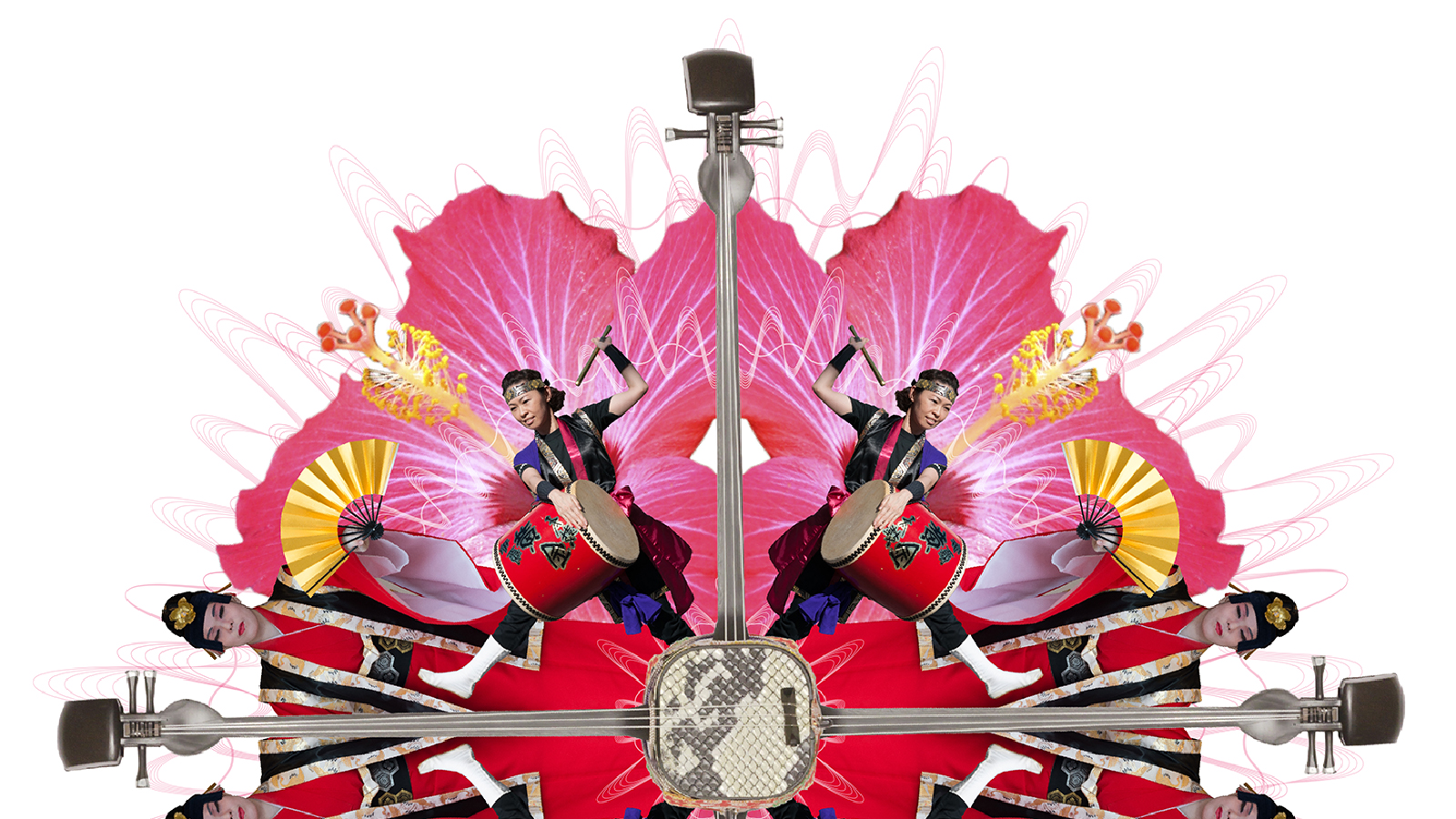How is it possible that a people who have experienced poverty, famine and discrimination, outlasted efforts at cultural annihilation and suffered the indignities of occupation can manage to celebrate life in song and dance with a passion and joy that belies everyday reality?
Music for Okinawans is, perhaps, an alternative reality, one that is no less authentic than the roar of fighter jets over residential districts, or the sense of entitlement that characterizes Tokyo and Washington's dealings with these southern islands. Like the swallowtail butterflies that flutter above the razor wire surrounding the U.S. base camps, Okinawans have learned to coexist with menace without being ensnared by it.
There is something hopeful, even redemptive, about cultures on the peripheries. While pitying Okinawans their relentless suffering, we envy them for the beauty of their culture, the profound spirituality that pervades their daily lives and the abiding presence of their music.



